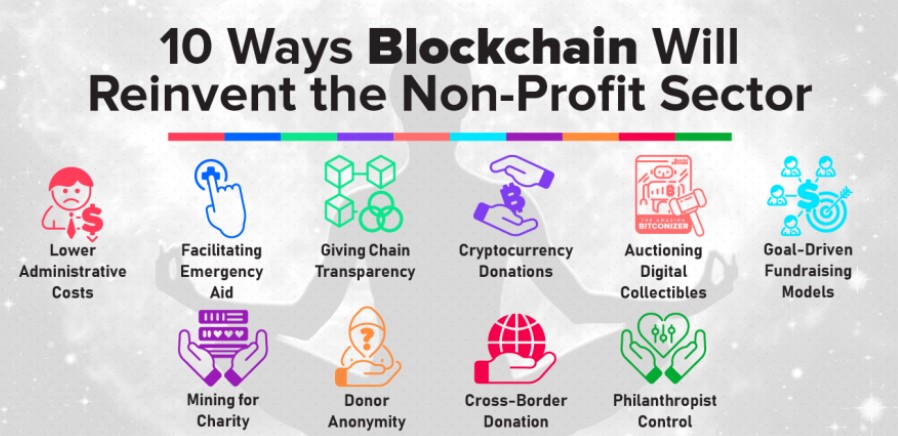DeFi, DAOs and NFTs: Crypto is redefining how charities raise funds

Nonfungible tokens (NFTs), decentralized autonomous organizations (DAOs) and decentralized finance (DeFi) are redefining how charities raise donations and distribute funds to those most in need.
Through ever-evolving crypto and blockchain-related technology, crypto philanthropists told Cointelegraph that they’ve witnessed “new wealth distribution mechanisms” never seen before.
“Philanthropy has traditionally been seen as a high-cost-of-entry, individualistic activity, but with Web3, collective decision-making bodies like DAOs can use tools that streamline financial coordination and encourage more participation,” explained Omar Antila, Product Lead at Crypto for Charity.
“Crypto enables new innovative fundraising strategies, like charitable NFT-drop campaigns, or allowing people to pool their crypto funds in DeFi protocols that earn interest for a specific cause,” he added.
In October 2022, several breast cancer-focused organizations started implementing NFTs to
This could be especially true for countries suffering from a lack of trust in their state’s monetary system, where crypto adoption rates are also the highest.
Connelly said adoption rates are highest in underdeveloped nations — most notably Nigeria, Argentina, Vietnam and South Africa — because they simply cannot trust their state’s monetary system:
“Over half the world’s population lives under double, triple, or quadruple inflation rates. For most people, they can’t trust their governments to effectively manage the monetary system.
“Having the choice to use crypto is an important option for citizens, but also shows governments that if they want people to use their fiat currency, they will need to clean up their act,” she added.
